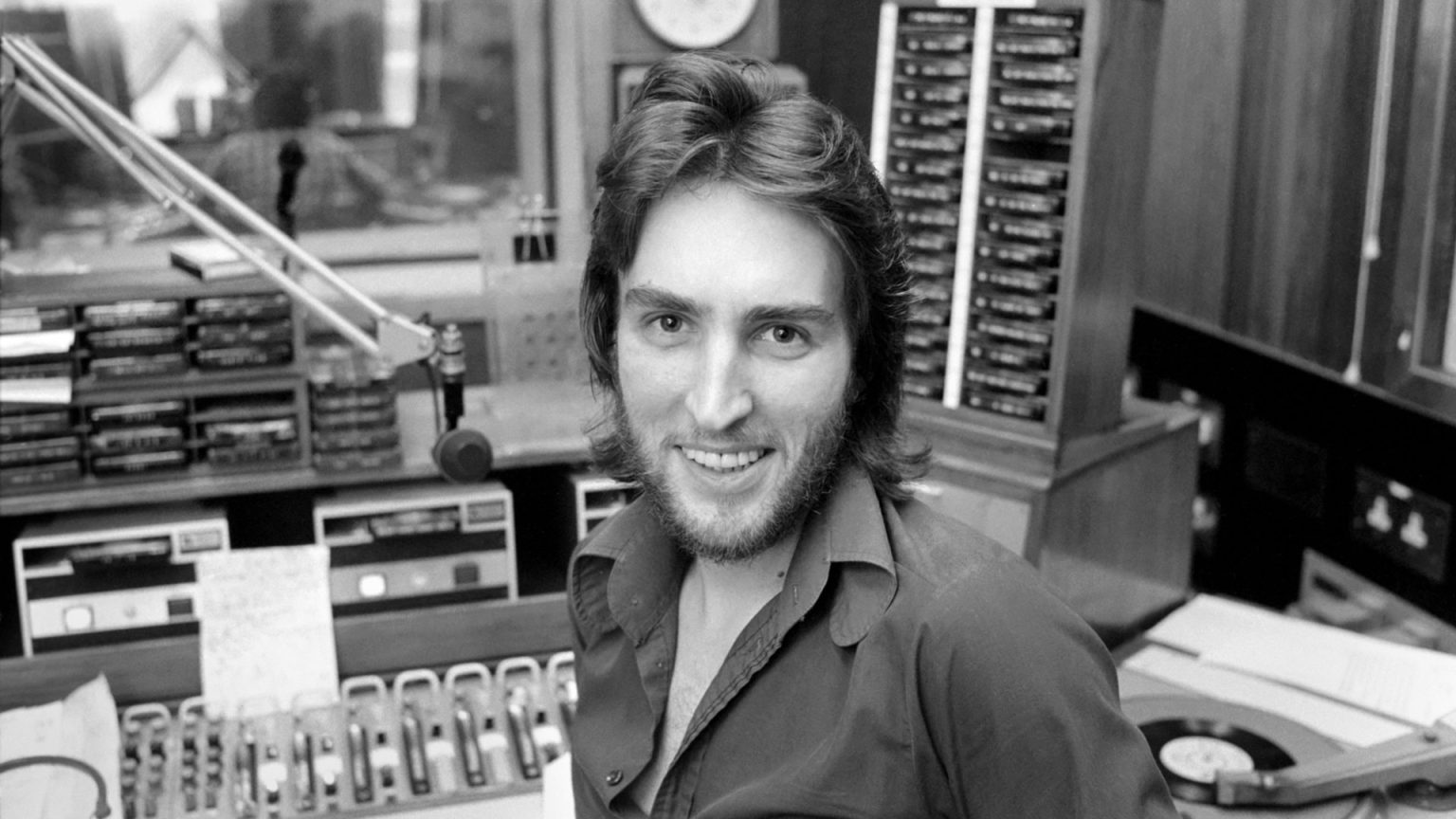Johnnie Walker, a legendary figure in British radio, passed away at the age of 79, weeks after his final broadcast. His career spanned decades, from the rebellious days of pirate radio to a long and celebrated tenure at the BBC. He was known for his smooth voice, his passion for music, and his unwavering support for emerging artists. Walker’s influence on the airwaves was undeniable, shaping the musical tastes of a generation and helping launch the careers of countless musicians, including The Eagles, Steely Dan, The Doobie Brothers, Lou Reed, The Who, Elton John, and Led Zeppelin. His innovative segments, such as “Frinton Flashing” on Radio Caroline, engaged millions of listeners and cemented his status as a pioneering force in broadcasting. His final radio show aired on October 27th, a testament to his dedication to his craft even in the face of a debilitating lung disease.
Walker’s journey to radio stardom began with humble beginnings. Born Peter Waters Dingley, he struggled in school, leading him to pursue various jobs, including mechanic and used car salesman. However, his passion for music led him to DJing at local dances, a role that allowed him to overcome his shyness and connect with audiences. His big break came in 1966 when he landed a job at Swinging Radio England, one of the burgeoning pirate radio stations challenging the BBC’s monopoly. He adopted the moniker “Johnnie Walker” as a condition of employment, inheriting a jingle intended for another DJ. This marked the start of a remarkable career that would see him become a household name.
The pirate radio era proved to be a formative period for Walker. On Radio Caroline, he became known for innovative segments like “Frinton Flashing,” where listeners would flash their car headlights in response to his questions, and the “Ten O’Clock Turn On,” featuring sensual soul music. These interactive features, along with his engaging personality and eclectic musical choices, captivated millions of listeners eager for an alternative to the BBC’s limited pop music offerings. When the government outlawed pirate radio in 1967, Walker remained defiant, famously playing The Beatles’ “All You Need Is Love” as his final act of rebellion before the station’s eventual closure.
Walker’s transition to the BBC marked a new chapter in his career, but he continued to champion new music and challenge the status quo. He famously quit Radio 1 in the mid-1970s after being pressured to play the Bay City Rollers, whom he considered “musical garbage.” His outspoken nature and commitment to his musical principles would continue to be hallmarks of his career, sometimes leading to clashes with management but ultimately endearing him to his loyal listeners. He would later be sacked from BBC GLR for celebrating Margaret Thatcher’s resignation, further illustrating his willingness to voice his opinions, even at the risk of his career.
Throughout his life, Walker faced numerous personal struggles, including alcoholism, drug addiction, broken marriages, depression, and a suicide attempt. He spoke openly about his battles with addiction, acknowledging that it had become a way to escape his depression. However, he always managed to persevere, returning to the airwaves time and again to connect with his listeners and share his love of music. His resilience and his ability to connect with audiences on a personal level cemented his status as a beloved figure in British broadcasting. He found love again with Tiggy Jarvis, whom he married in 2002. They faced health challenges together, including Johnnie’s battle with non-Hodgkin’s lymphoma and Tiggy’s breast cancer diagnosis.
Despite his health challenges, particularly the incurable lung inflammation diagnosed in 2020, Walker remained dedicated to his radio show, broadcasting from his home in Dorset. He credited his work with giving him purpose and allowing him to continue connecting with his listeners. His final broadcast, just weeks before his death, exemplified his unwavering passion for radio and his commitment to his craft. His wife, Tiggy, paid tribute to his resilience and good humor, noting that he remained charming and witty to the end. His legacy will live on through the countless artists he championed, the millions of listeners he entertained, and the generations he inspired with his unique and enduring voice on the airwaves.




